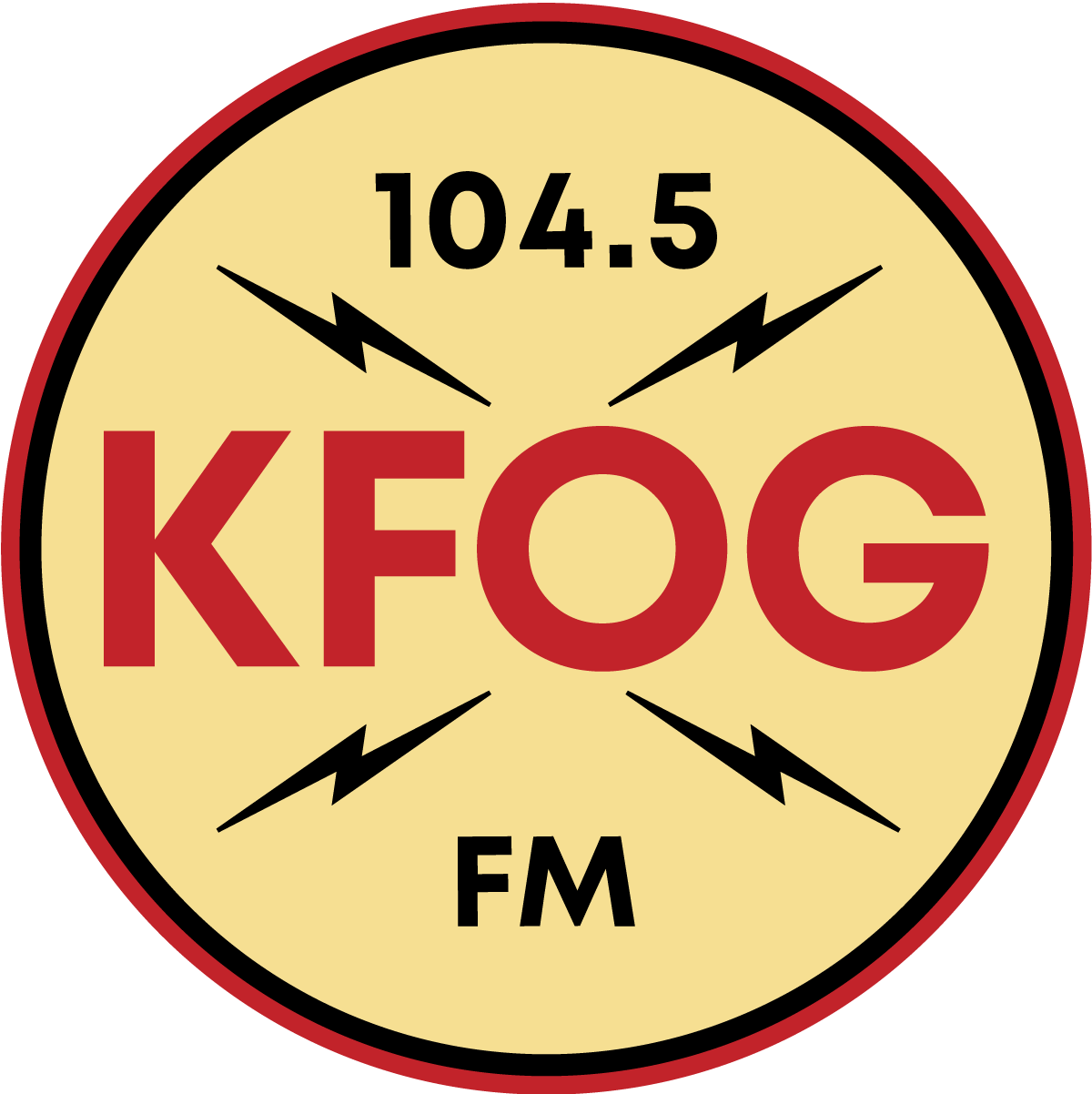It’s not often that a Grammy award-winning artist invites you into their studio to get a behind-the-scenes look at the recording of their new album.
Hell, it’s not often that your local indie band who can barely get their friends to show up to a gig will invite you into the studio. It is a deeply personal time for most artists as they meander their way through mistakes, half-baked ideas, and meltdowns amongst band members. So I was shocked when I was invited, along with the amazing KFOG video production team, to document part of the recording process of 2017 Grammy winner Fantastic Negrito’s upcoming album.
It doesn’t take long to understand that Fantastic Negrito, born Xavier Dphrepaulezz, is not your typical artist. After escaping a tumultuous childhood and spending his teenage years as a drug dealer during the height of the crack epidemic in Oakland, Dphrepaulezz turned to music as a way to escape the dangerous life he was leading. Not long after listening to Princes’ Dirty Minds album and learning that Prince was a self-taught musician, Dphrepaulezz started sneaking into music classes at UC Berkeley.
The transition from a life of crime to music worked, and by 1993 he landed a $1 million contract with Interscope Records. But slow sales and several years of record label limbo left his dreams in serious doubt. A bad situation turned tragic when in 1999 he spent three weeks in a coma after being hit by a drunk driver. With his strumming hand badly mangled, and an uncertain future, Interscope dropped him from their label; a move that Dphrepaulezz ultimately viewed as a freeing experience.
After a five year hiatus, Dphrepaulezz founded Blackball Universe record label to license his past musical projects for film and TV use. Since its inception in 2004, Blackball has morphed into an all-encompassing art collective that gathers artists from the community to collaborate on a wide array of projects. The non-descript building near Oakland’s Jack London Square features an incredible art gallery showcasing local artists work, multiple offices, a full bar for use during events in addition to the recording studio itself.
Grammy-winning albums are often recorded in multi-million dollar studios, featuring state-of-the-art soundproofing, isolated vocal booths, with enough monitors and gizmos to make NASA jealous. This is far from the Blackball Universe aesthetic. In fact, if it wasn’t for the microphone set up in the middle of the room, and a number of cords and cables hanging on the wall, you might mistake the studio for a living room.
Upon entry, it’s hard to imagine that The Last Days of Oakland the 2017 Grammy-winning Best Contemporary Blues Album was recorded in the stripped-down space, but once Dphrepaulezz picks up a guitar and starts to sing it all makes sense. It’s not the gimmicks, fancy studio gear, or team of producers that makes an album great; it’s an artist with a passion for honesty and the fire inside to spread a message that can shake us from our malaise.



